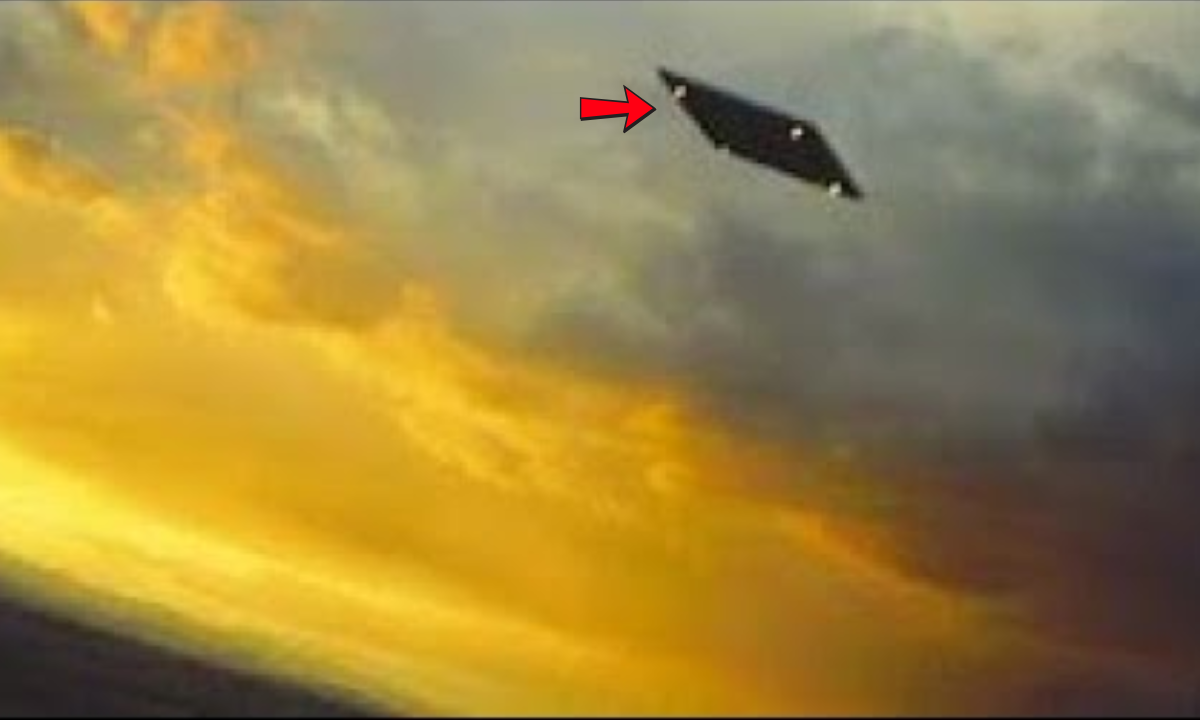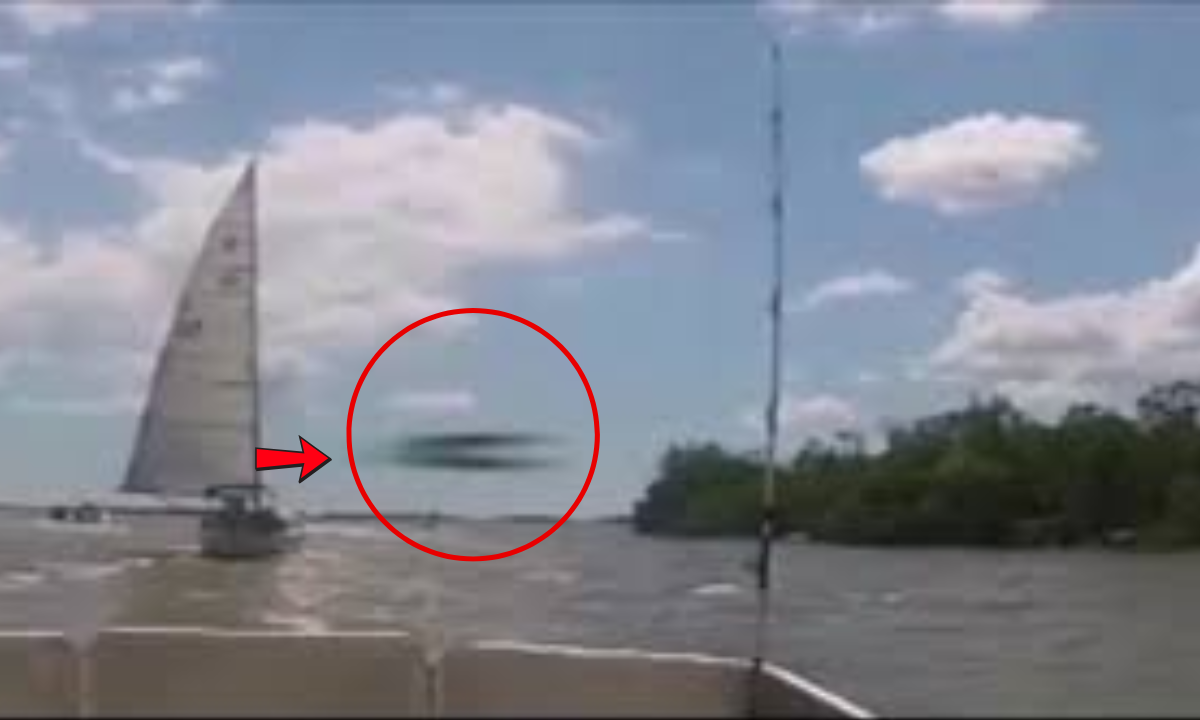**Africa on the Fast Track: Ibrahim Traore’s Vision to Transform the Continent into a Powerhouse**

In a bold proclamation that could reshape the very fabric of the African continent, Burkina Faso’s Captain Ibrahim Traore is positioning Africa to follow in the footsteps of China, emerging not merely as a resource-rich continent but as a formidable global player. Transformative infrastructure and strategic policy are at the heart of Traore’s vision, suggesting that Africa’s destiny is not dictated by outsiders but forged from within.
The stark reality is that Africa stands at a pivotal crossroads, teetering between the shadows of its colonial past and the promise of a self-determined future. As the world marvels at China’s meteoric rise—from famine to factories—Africa’s potential looms large, yet it grapples with the haunting question of whether it is repeating historical mistakes. Traore’s leadership signals a departure from the old narratives, advocating for an unapologetic embrace of infrastructure as the backbone of development.
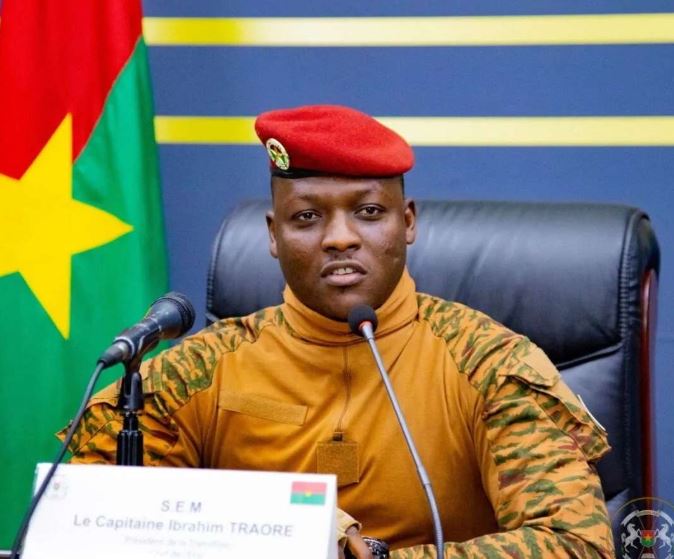
Drawing lessons from China’s relentless pursuit of self-sufficiency and growth, Traore emphasizes that Africa must prioritize building its own roads, factories, and power grids before expecting to reap the rewards of wealth. The sobering truth is that many African nations are stuck in a cycle of superficial progress—constructing grand airports and highways that serve as mere symbols rather than functional arteries of economic life.
“Before you demand wealth, you must design the ground it will stand on,” Traore asserts, urging African leaders to reconsider their development strategies. The stark contrast between Africa’s current trajectory and China’s methodical march towards industrialization is striking. While Chinese leaders envisioned thriving cities and robust infrastructure, many African nations remain trapped in a mindset that views infrastructure as a mere decoration rather than a catalyst for economic growth.
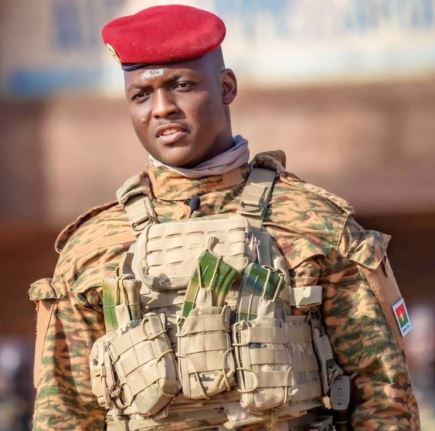
In a world where foreign interests often dictate African policies, Traore champions the need for sovereign integration—where African nations reclaim the steering wheel of their own development. This entails rejecting the notion that external frameworks should dictate local realities. Instead, Traore envisions a continent where leaders foster homegrown solutions, focusing on the unique needs and aspirations of their people.
The call for a pan-African vision is urgent. Traore argues that without a cohesive strategy that aligns education, agriculture, and industry, Africa risks remaining a continent of untapped potential. “Why are we exporting our talent while our hospitals and roads crumble?” he challenges, highlighting the urgent need for a labor strategy that not only prepares youth for the jobs of the future but also ensures that those jobs exist within Africa.

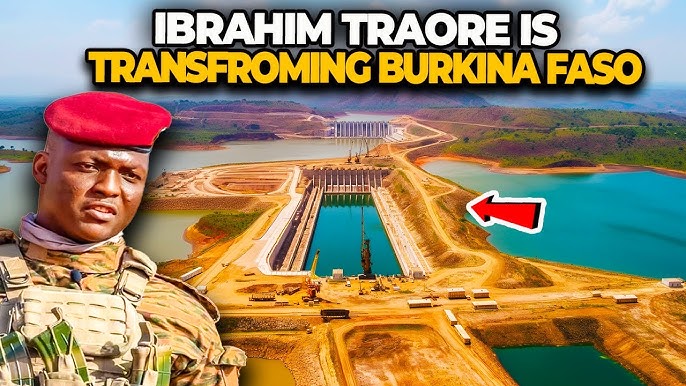
As Africa stands poised to make its mark on the global stage, the question remains: will it be brave enough to seize control of its own narrative? Traore’s vision is not just one of infrastructure but of dignity, self-respect, and a future where African nations are not merely consumers but innovators and leaders.
Imagine a future where every village has access to clean water and reliable power, where education systems are aligned with industrial needs, and where Africa no longer imports what it can produce. This is the vision that Traore is advocating, one that could see Africa not just catching up but leading in the global economy.
The urgency for action is palpable, as the world watches closely. Africa’s trajectory will depend on whether its leaders choose to embrace this transformative vision and reject the colonial mindset that has lingered for far too long. The roads are being built, and the time for Africa to take the wheel is now.
As we enter this new chapter, the question remains: can Africa rewrite its history and redefine its future? The answer lies in the courage of its leaders to navigate the path ahead with intention and purpose, setting the course for a continent that has the potential to rise as a beacon of strength and innovation on the world stage.




